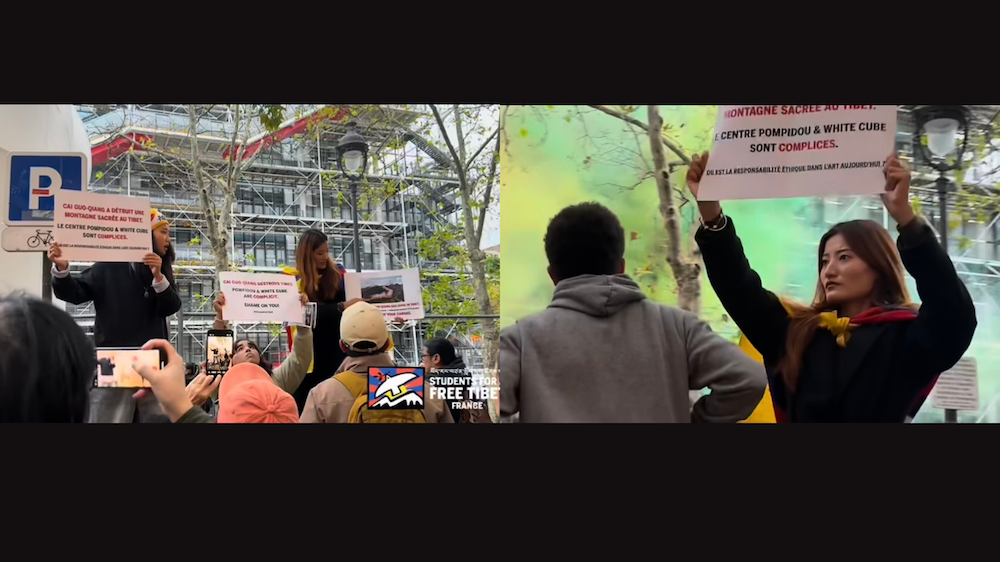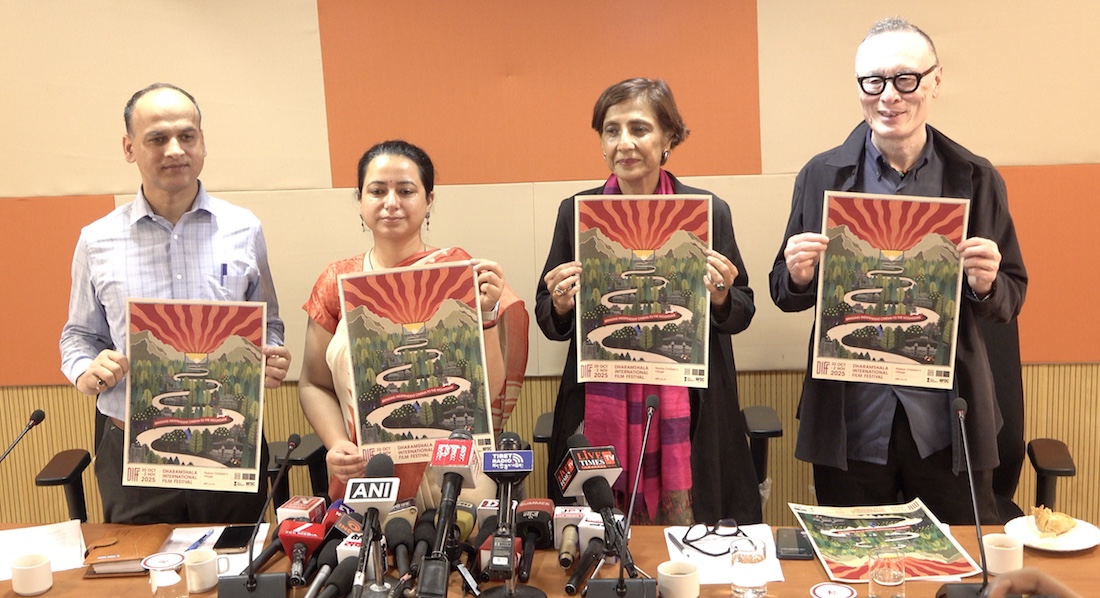TIN has received news that ‘Notes on Tibet’ (Ch: Xizang Biji), a book written by Tibetan author Oser (Ch: Weise) was banned around September 2003 by the Tibet Autonomous Region (TAR) government. The book is written in Chinese and is a collection of essays describing the author’s encounters with different people and places in Tibet. The book contains 38 essays, and the authorities considered 10 of these sufficiently contentious to warrant them banning the book. In these 10 essays, the author describes among other things; the deep respect shown towards the Dalai Lama by Tibetans inside Tibet; the dilemmas and political restrictions faced by a Tibetan monk when he was sent abroad on an official visit; and how some Chinese nuns were expelled from the Serthar Buddhist Institute, (also known as Larung Gar,) in Kardze TAP (Ch: Ganzi) Sichuan province, founded by the late Khenpo Jigme Phuntsog. (For more information on the closure of Serthar Institute, see TIN Special Report 18 April 2002: “Religious work” for the new century; the implementation of Party policy in Sichuan province. http://www.tibetinfo.co.uk/news-updates/2002/1804.htm)
TIN has received information that the author has left Lhasa and is currently residing in Beijing. Her work unit, the TAR Literature and Arts Association (Ch: Xizang zizhi qu wenlian), has urged her to come back on condition that she acknowledges her political mistake. It seems that the author is not willing to give in to this condition. According to a Tibetan scholar in London, Notes on Tibet describe the socio-economic and religious deprivations facing Tibetans inside Tibet. She further notes that Oser’s book is one of the rare publications from China where a Tibetan openly discusses issues concerning Tibetans and Tibet.
Oser, a poetess and the author of a number of articles in Chinese, was born in 1966 in Lhasa but soon returned with her family to their home in Derge, (Ch: Dege) Kham, Sichuan. She graduated in 1988 from the Chinese department of the South-West Nationalities Institute (Ch: Xinan minzu xueyuan) in Chengdu. Her first book, ‘For Tibet’ (Ch: Xizang zai shang), is a collection of poems and was published in 1999 by the Qinghai People’s Publishing House. Until she left Lhasa, Oser was working as an editor at the Chinese language journal Tibetan Literature (Ch. Xizang wenxue). ‘Notes on Tibet’ is her second major work and was published in January 2003 by the Huacheng Publishing House in Guangzhou. The reason why the author chose to publish her book at a publishing house in Guangdong province may be related to the fact that publishing houses based there, in the cooler political climate of the coastal region, are historically more relaxed about publications with political implications.
Censorship and/or the banning of books is not uncommon in the TAR, or the PRC. The most recent ban in the TAR was in late 2001, when Derong Tsering Dhondup published his monumental work ‘A General History of Tibet. Auspicious Vase’ (Chin. Zangzu tongshi. Jixiang baoping). Although Derong Tsering Dhondup’s book was published in Lhasa by the Tibetan People’s Publishing House, the authorities issued directives soon afterwards not to release the book for sale. TIN cannot ascertain whether the book is currently on sale or whether it is still banned.
Derong Tsering Dhondup was born in Derong, Kardze (Ch: Ganzi) Autonomous Prefecture, Sichuan in 1954 and was a cadre working at the Archive Department of Kardze prefecture. He has published numerous articles in scholarly journals in China and in Tibet but most importantly, he is the author of ‘My Aspirations’ (Ch: Wo de xinyuan), a petition which he wrote to Jiang Zemin, Li Peng and Deng Xiaoping. The petition was written in November 1995 and is heavily critical of the central government’s policies concerning the Tibetan areas of Sichuan province. ‘My Aspiration’ was republished soon after by the Information Office of the Tibetan government-in-exile in Dharamsala, India.









